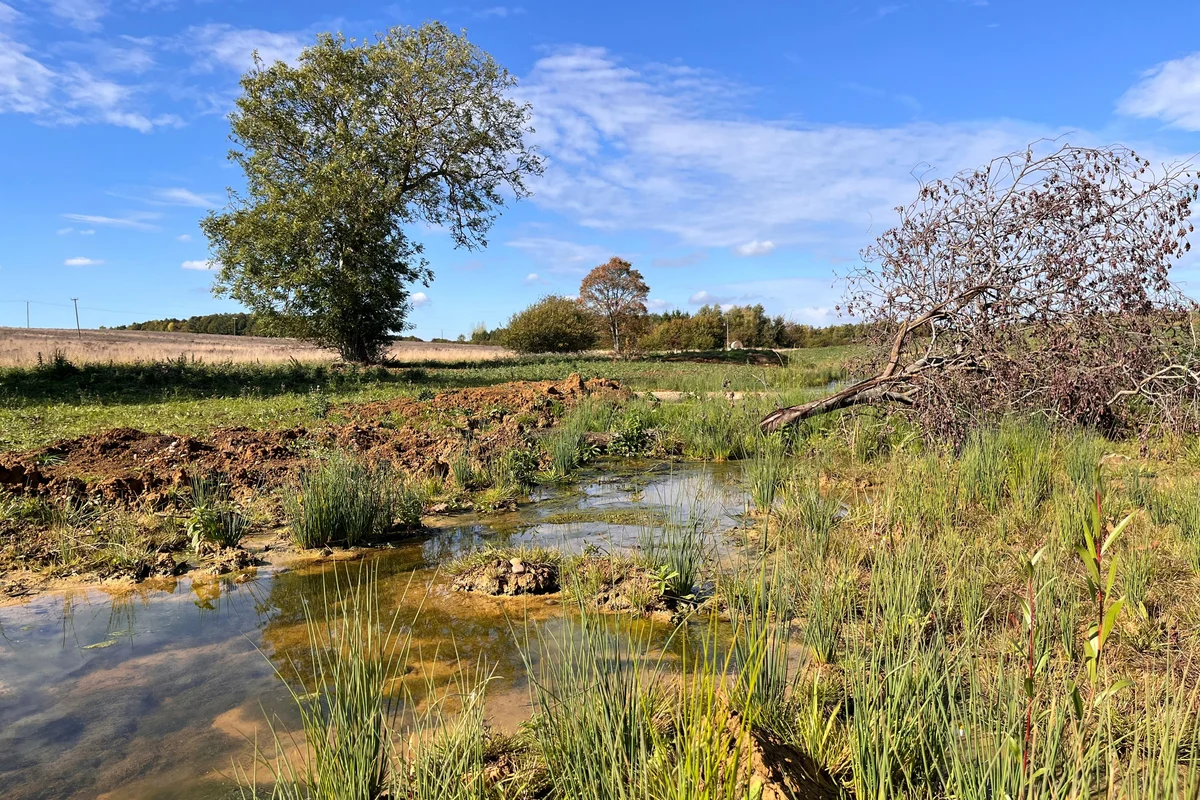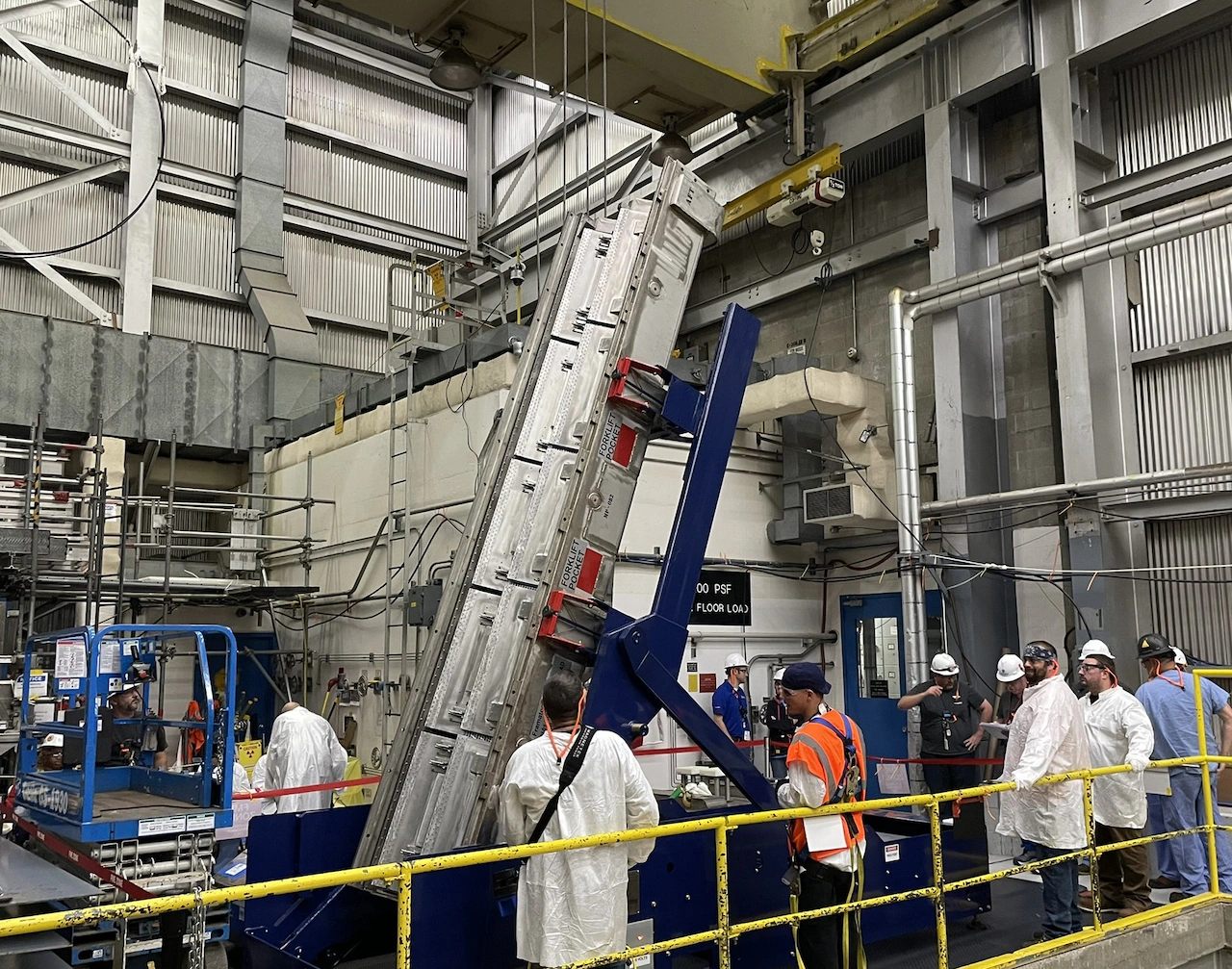Copyright standard

Conservation work must shift from a “newt-by-newt or bat-by-bat” approach to driving the recovery of nature across entire landscapes, Natural England boss Tony Juniper has said. The chairman of the Government’s nature agency said the organisation’s job was no longer about just conserving protected areas and species, but about helping nature recover as “critical national infrastructure”. Mr Juniper said that while Natural England and its predecessors had delivered “positive” outcomes in terms of protecting areas and species, delivering agri-environment schemes and working through the planning system, “unfortunately in 2025 we see nature declining in many respects”. “We see that the job now is no longer about conservation, but is now very much about recovery, because the simple truth is that we don’t have enough nature to achieve all the things that the country needs,” he told the PA news agency. “This is really about not only seeing nature as a collection of interesting habitats and wonderful species, but also to see nature as critical national infrastructure,” he said. Helping nature’s recovery would achieve wider goals for society in terms of economic development, health and wellbeing, food and water security and the country’s ability to be resilient in the face of climate change impacts, he said. He added there was a need to move away from bureaucracy towards securing outcomes for nature, working with a “light touch” with partners from farmers to major charities such as the National Trust and government agencies. It is the latest intervention in an increasingly polarised debate, with ministers blaming bats, newts and spiders for blocking development of infrastructure and housing. And conservationists have warned changes to the planning system would threaten protected species and make it impossible to meet legal targets to improve the environment. Mr Juniper, who has worked in the conservation sector since the 1980s, said there long been a view of a “choice” between protecting nature on one side and securing growth and development on the other, a debate which always became more pronounced in times of economic difficulties such as now. But he said: “It’s a question of not either/or, but and/and.” “Nature is important to protect because it is vital to protect it for its own sake, and because it’s beautiful, and because it brings a spiritual dimension to our lives, and because it is economically essential and vital for public health,” he added. He said Natural England had already been working in ways that delivered for both nature and economic development, pointing to the Thames basin heaths, where the agency had worked with developers to deliver housing and help the recovery of lowland heaths and endangered birds in south and west London. “We have discovered some really exciting opportunities, if only we can get beyond looking at the position of a newt-by-newt or bat-by-bat context, and moving into a larger landscape view, whereby we can take account of a bigger landscape as we look at the plight of individual endangered species and habitats.” He also pointed to the HS2 “bat tunnel” which has become a symbol of the nature and growth conflict after it was revealed the developers of the high speed rail link have drawn up plans for a £100 million shield to protect bats in an ancient woodland in Buckinghamshire. He said people might “reflect” on the bat tunnel and question whether there would have been greater potential in making an investment in large-scale habitat recovery for Bechstein’s bat in Buckinghamshire, rather than focusing on one interpretation of the law to reduce impact on individual bats. “Could we do better, and the answer for us is that in many cases, yes we can,” he said. His comments come as Natural England unveils a new strategy that shifts focus from site-by-site and species-by-species interventions towards nature recovery at scale across whole landscapes and seascapes, streamlining regulation and driving investment from public and private sources. The government agency aims to work with partners to ensure economic growth can go alongside rebuilding nature, focusing on outcomes including restoring wider systems such as rivers, wetlands and forests and embedding wildlife and access to green spaces into development. It will also focus on delivering a secure future for the country, by supporting nature-friendly food production, water, clean air and resilience to climate change, Natural England said.



